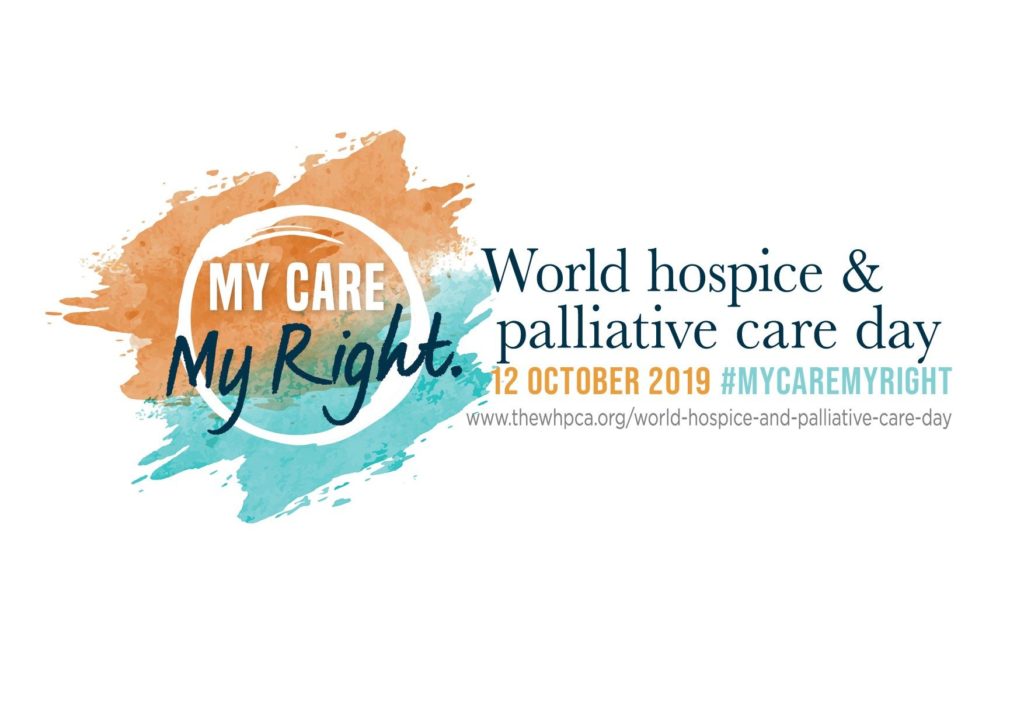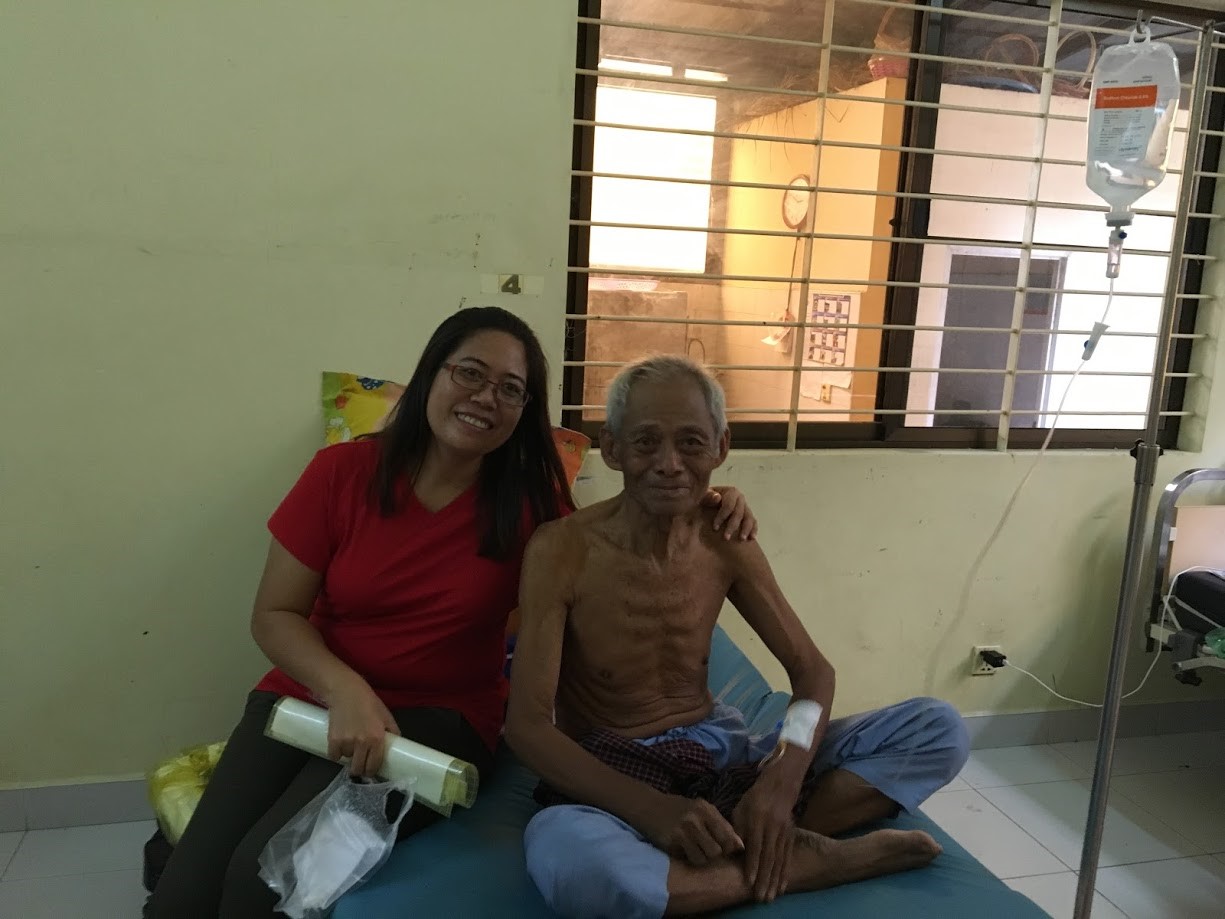Palliative Care: It’s My Care, My Right
Our next Twitter Chat is on Wednesday 9th October at 8pm UKC.
Palliative care is a human right, yet access to equitable services at the end of life shows unacceptable variations around the world. Each year, more than 25.5 million people die with serious physical and psychological suffering as a result of disease, injury or illness. This figure includes 2.5 million children. More than 80% of these cases are in low- and middle income countries, where access to immediate release morphine, an essential and inexpensive medicine to alleviate pain, as well any other type of palliative care, is severely lacking[1].
World Hospice and Palliative Care Day takes place on 12 October 2019. It is a unified day of action to celebrate and support hospice and palliative care services around the world. People who are affected by life-limiting illnesses hope to make their voices heard, by policy-makers. It is a day of action, aimed at galvanising important changes to palliative care policy. It is an opportunity to raise awareness of the needs of people around the world who are affected by inequalities and hardship. Universal health coverage for end of life care needs is one of the key demands – it asks that governments ensure that everyone can use the promotive, preventive, curative, rehabilitative and palliative health services they need, of sufficient quality to be effective, while also ensuring that the use of these services does not expose the user to financial hardship
But what can individual nurses do? Ensuring that all people with life-limiting illnesses have timely access to palliative care is key; as the largest workforce in the health service, we often have contact with people throughout their illness trajectory. Advocating for access to care, and enabling them and their families to make plans to avoid financial hardship can go a long way to ensuring that dying does not need to be plagued by avoidable challenges. Dying is hard enough as it is.
Nurses and all those who provide palliative care can offer support in this effort, through getting involved in this vital dialogue, amplifying their message and standing in solidarity. Make use of social media platforms to spread the message, tag local and national policymakers, help to raise the profile of caregivers and volunteers in providing vital care.
Join us on Wednesday for the Twitter Chat and make your voice heard.
On 12th October, follow the conversation on Twitter at #WHPCD19 , #mycaremyright and follow @worldhospiceday to see the actions taking place around the globe and get involved.
(Image: patient and nurse, Phnom Penh, Cambodia )
Evidence Based Nursing regularly publishes content relating to palliative care; recent topics have included palliative care for people with dementia, enhancing access to palliative care for people with non-malignant conditions, the role of pain resource nurses, and supporting hope at the end of life.
[1] Connor Stephen R , Sepulveda Bermedo Maria Cecilia. (eds.) Global atlas of palliative care at the end of life. [London]: Worldwide Palliative Care Alliance, 2014

